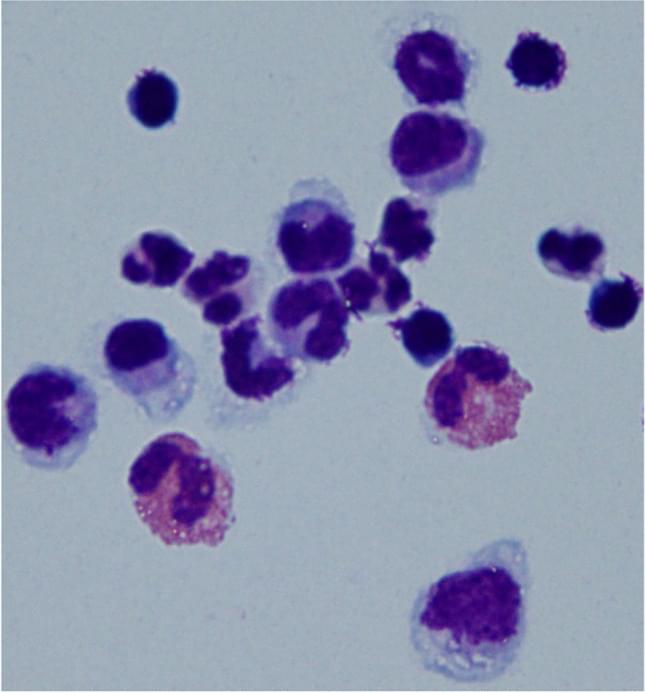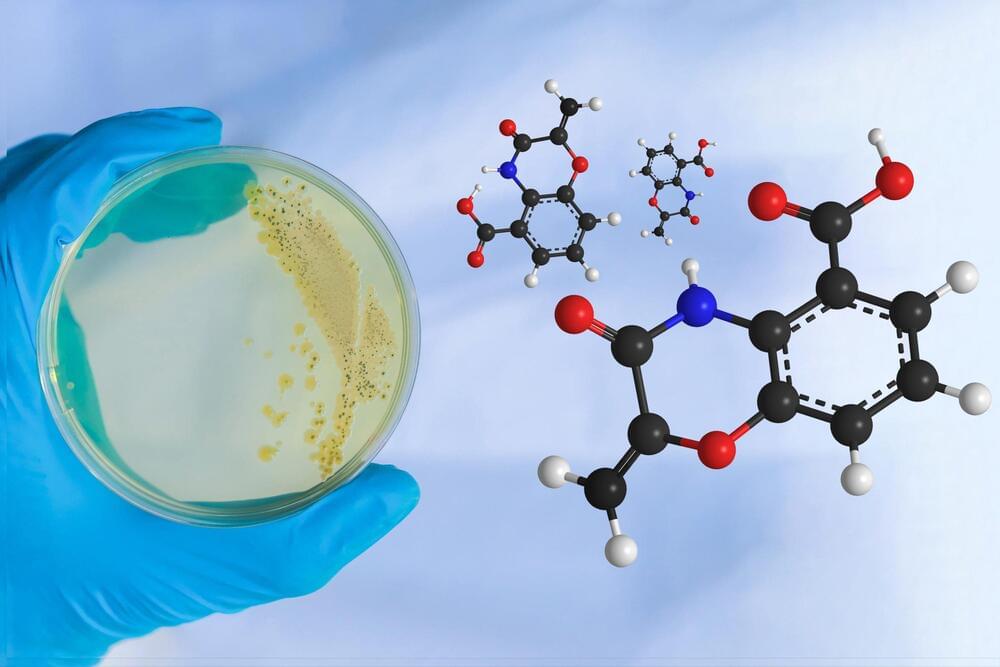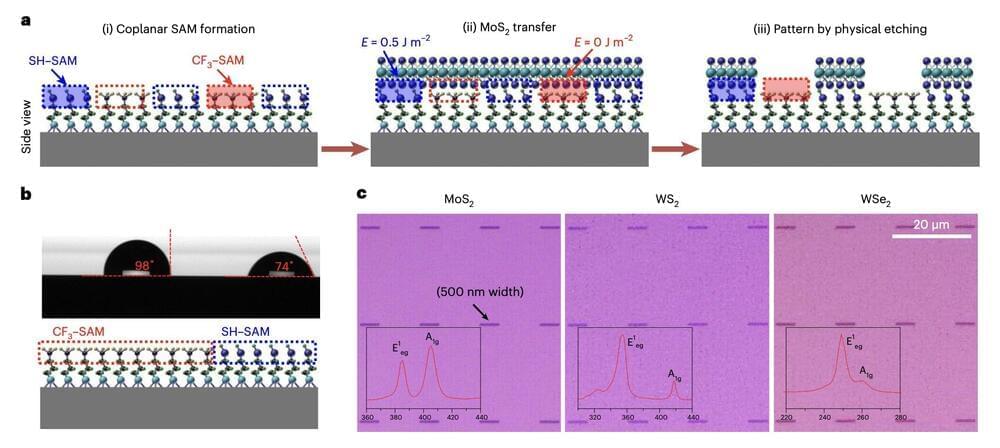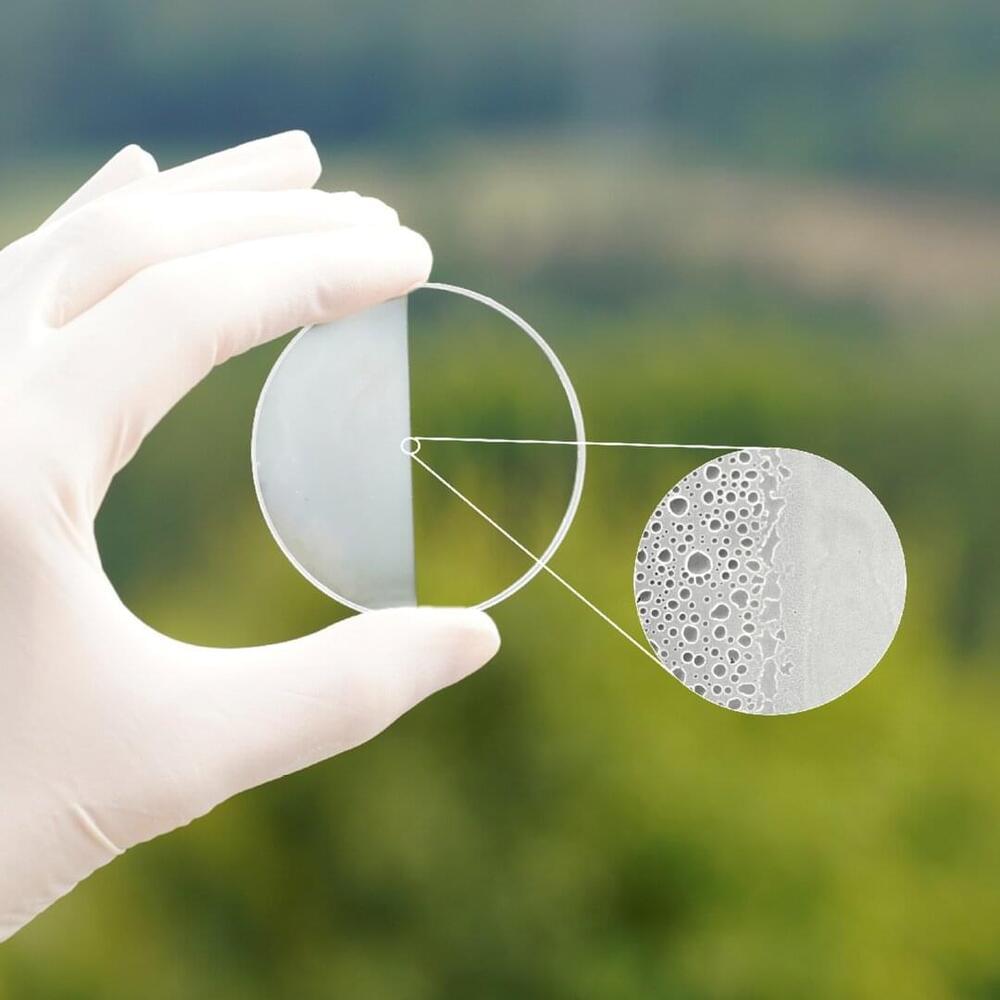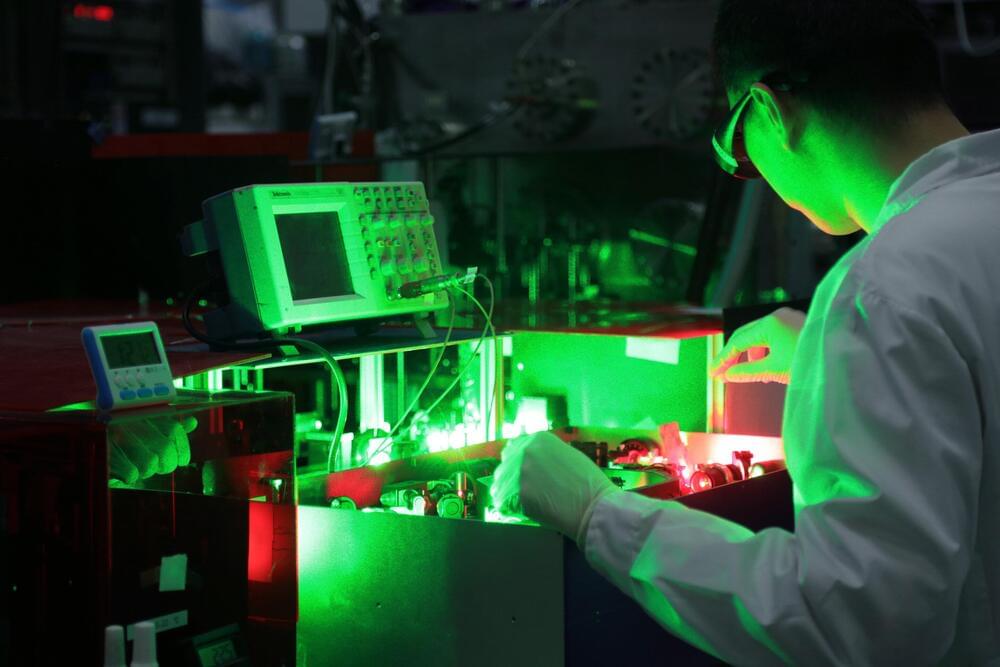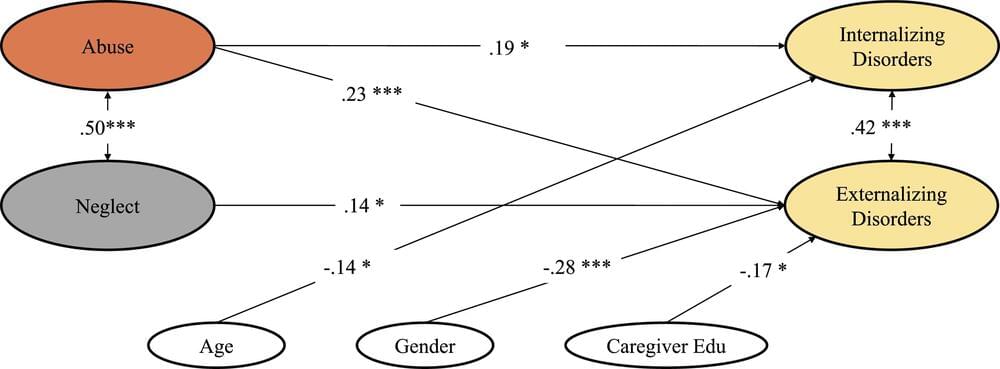
Psychiatric illnesses, such as schizophrenia and depression, affect nearly one in five adults in the United States and nearly half of patients diagnosed with a psychiatric illness also meet the criteria for a second. With so much overlap, researchers have begun to suspect that there may be one neurobiological explanation for a variety of psychiatric illnesses. A new study by investigators from Brigham and Women’s Hospital, a founding member of the Mass General Brigham healthcare system, investigated four pre-existing, publicly available neurological and psychiatric datasets, and pinpointed a network of brain areas underlying psychiatric illnesses. Their results are published in Nature Human Behavior.
“Traditionally, neurology and psychiatry have different diagnostic strategies,” said corresponding author Joseph J. Taylor, MD, Ph.D., Medical Director of Transcranial Magnetic Stimulation at the Brigham’s Center for Brain Circuit Therapeutics and an associate psychiatrist in the Brigham’s Department of Psychiatry. “Neurology asks: ‘Where is the lesion?’ and psychiatry asks: ‘What are the symptoms?’ We now have tools to explore the ‘where’ question for psychiatry disorders. In this study, we examined whether psychiatric disorders share a common brain network.”
The researchers began by analyzing a set of structural brain data from over 15,000 healthy controls as well as patients diagnosed with schizophrenia, bipolar disorder, depression, addiction, obsessive-compulsive disorder, or anxiety. They found gray matter decreases in anterior cingulate and insula, two brain regions commonly associated with psychiatric illness. However, only a third of studies showed gray matter decreases in these brain regions. Additionally, neurodegenerative diseases also showed gray matter decreases in these same regions.
